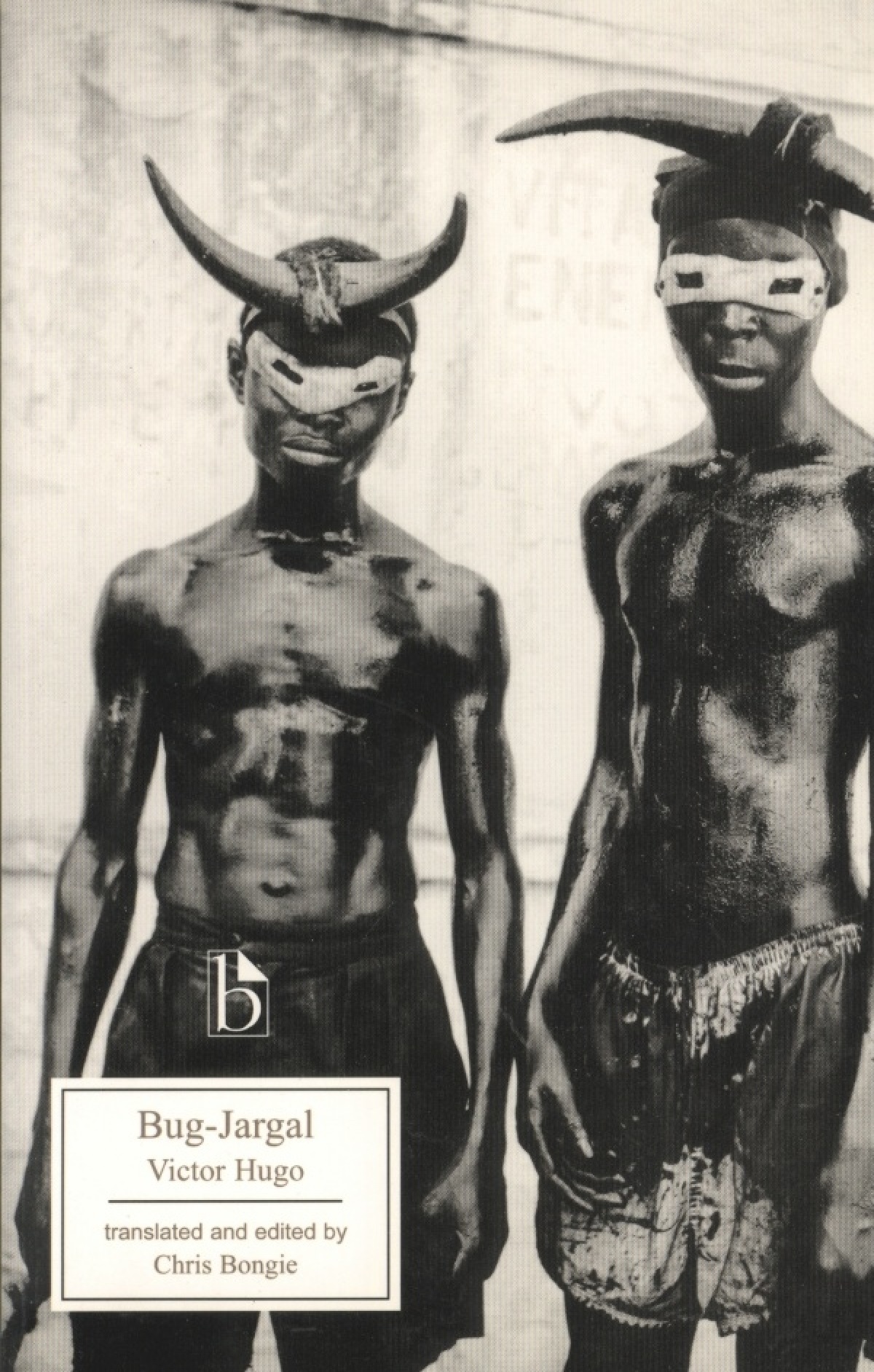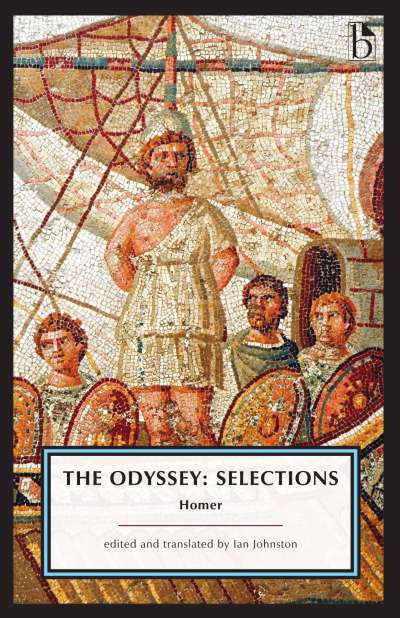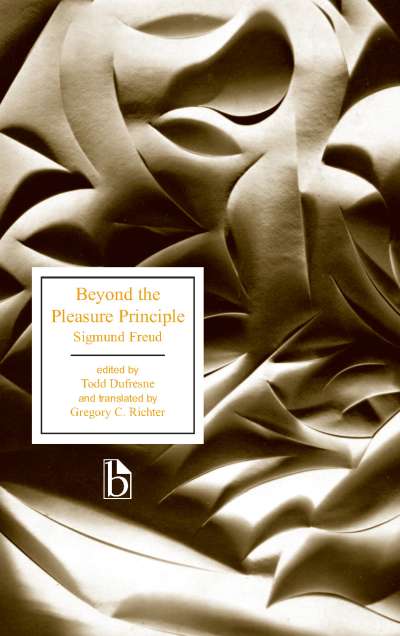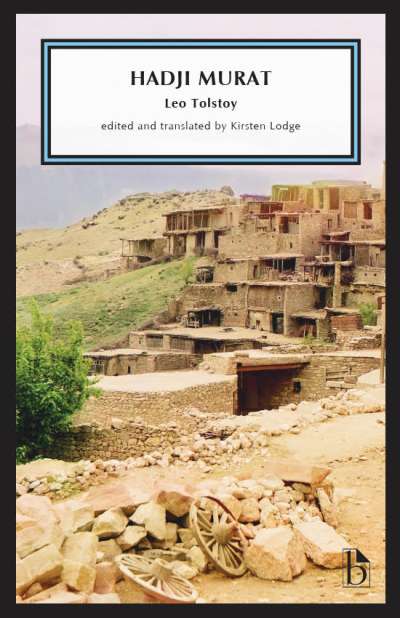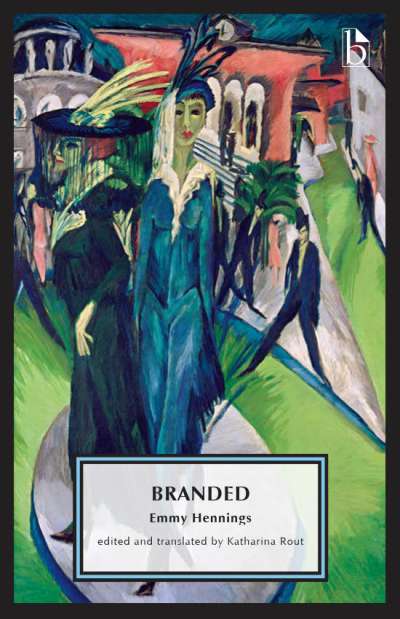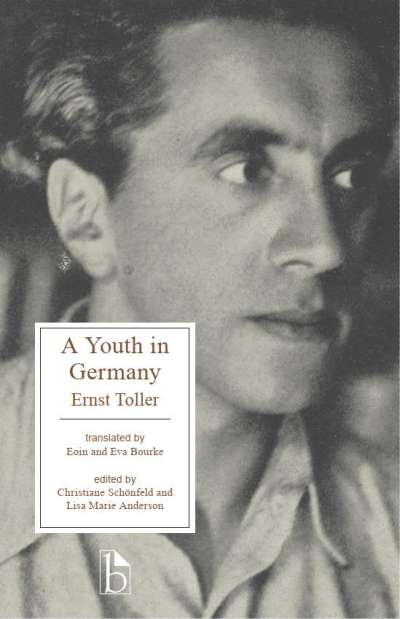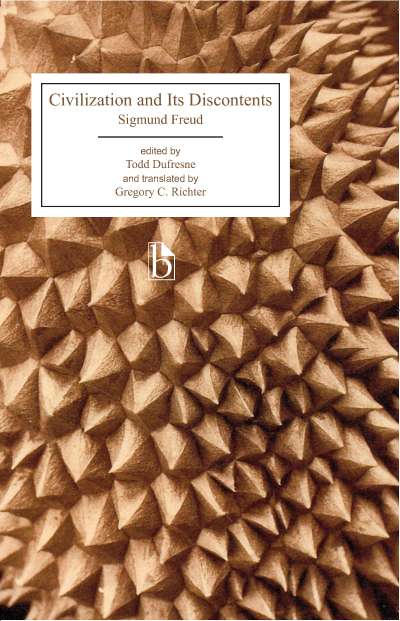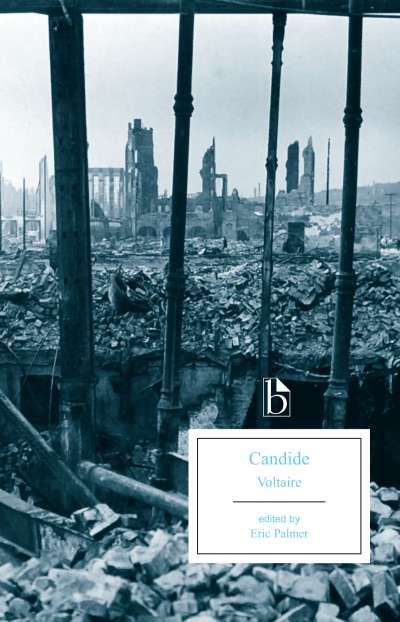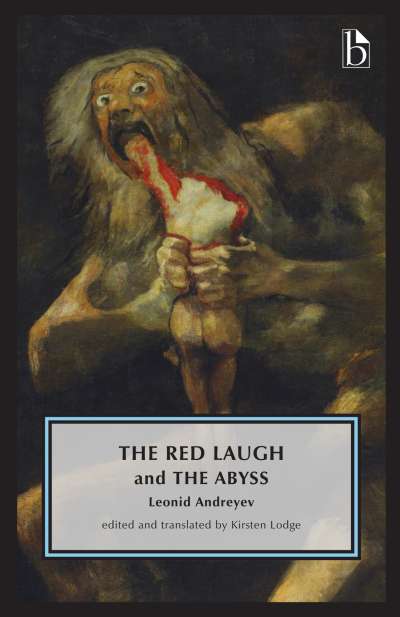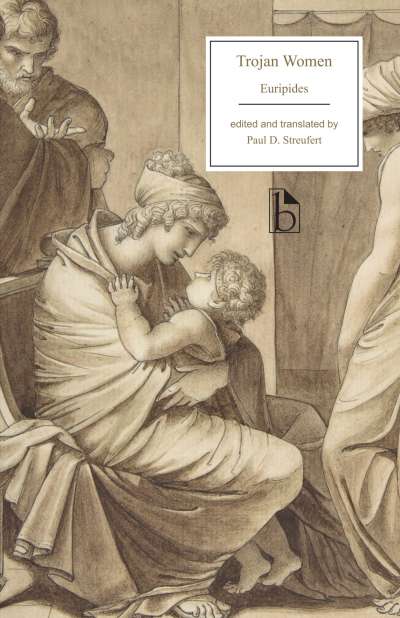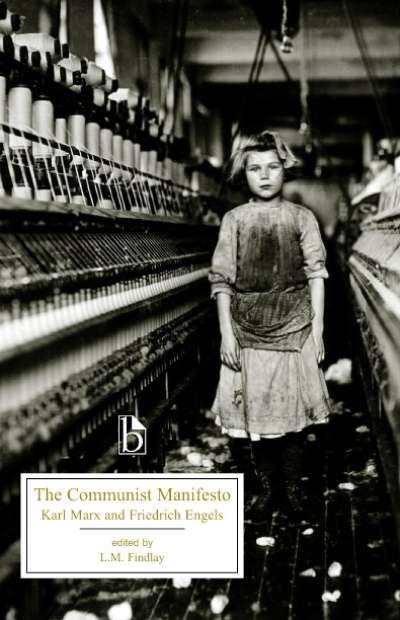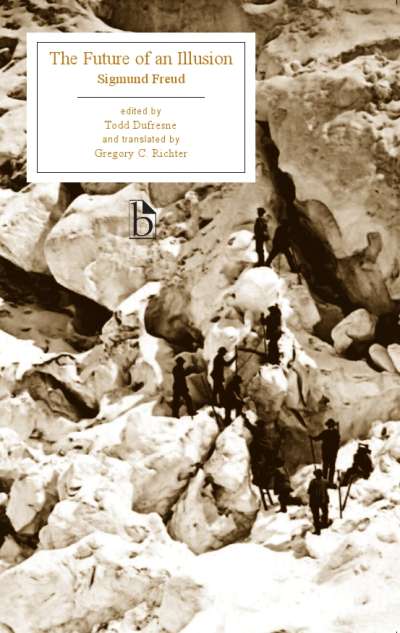Victor Hugo’s Bug-Jargal (1826) is one of the most important works of nineteenth-century colonial fiction, and quite possibly the most sustained novelistic treatment of the Haitian Revolution by a major European author. This Broadview edition makes Hugo’s novel available in a completely new English translation, the first in over one hundred years. Set in 1791, during the first months of a slave revolt that would eventually lead to the creation of the black republic of Haiti in 1804, Bug-Jargal is a stirring tale of interracial friendship and rivalry, a provocative account of the ties that bind a young Frenchman to one of the rebel leaders and the tragic misunderstandings that threaten to sever those ties completely.
This Broadview edition contains a critical introduction and a broad selection of appendices, including Hugo’s never-before-translated 1820 short story “Bug-Jargal,” contemporary reviews of the novel, documents pertaining to the young Hugo’s poetics and politics, and selections from his source materials about the Haitian Revolution.
Comments
“This superb edition of Bug-Jargal, which includes a wealth of contextualizing documentation, makes Hugo’s early representations of race and revolution fully accessible to a contemporary English-language audience. Bongie’s critical introduction, translations of both the 1826 novel and the original 1820 short story, and incorporation of contemporary reviews, literary sources, and historical materials reinvigorate Hugo’s work and enable the reader to engage with it from a fresh, postcolonial perspective.” — Kathryn M. Grossman, Pennsylvania State University
“Victor Hugo’s early novel of the Haitian Revolution has taken on a new significance in our postcolonial age preoccupied with race, subaltern resistance, and hybridity. Chris Bongie provides a richly contextualized version that will appeal to historians, literary scholars, and general readers alike. It combines meticulous documentation and a provocative argument about the conservative young poet’s ambivalent rendering of this ‘struggle of giants,’ which was written at a turning point in his political development.” — David Geggus, University of Florida
“Chris Bongie gives a highly readable and accurate translation of the novel, its 1820 short-story version, and of the supporting documents. He also devotes much of the introduction and notes to demonstrating how Hugo had pieced together portions of the novel from historical sources. [The translation and choice of documents] indicate the Broadview edition’s scholarly and pedagogical uses.” — Nineteenth-Century French Studies

